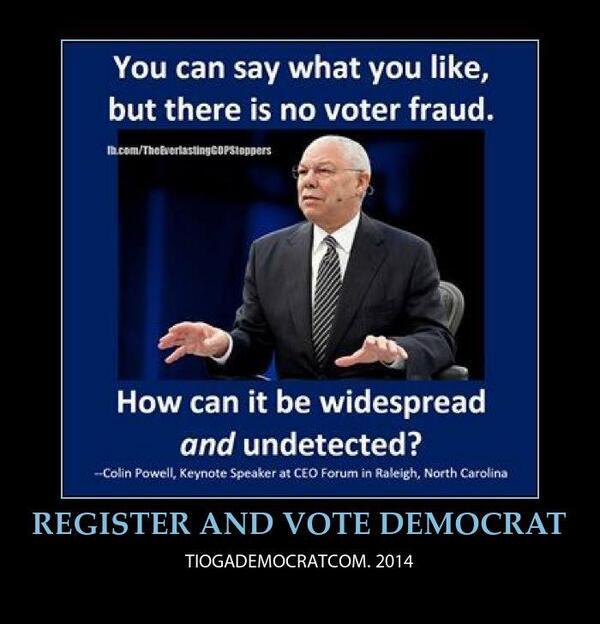Aug. 21, 2013 at 12:06 AM ET

Lucas Jackson / Reuters file
Young adults want health insurance, the Commonwealth Fund says it has found in a poll
Obamacare may have become a partisan issue, but more Republicans than Democrats have signed up for one of its most popular provisions, according to a survey published Wednesday.
The survey also pokes holes in the idea that most 20-somethings act like “Young Invincibles” who believe they don’t need health insurance.
A team at the Commonwealth Fund, which strongly supports healthcare reform, looked at one of the main target groups of the 2010 Affordable Care Act – young adults who have been going without health insurance. One of the most popular provisions of the law lets people age 26 and younger stay on their parents’ health insurance.
“Public opinion polls found a partisan divide … but Republicans and Democrats both took advantage of the young adult provisions,” says Commonwealth vice president Sara Collins, who led the study. “In fact, more Republicans than Democrats did.”
They found that by last March, 63 percent of young adults identifying as Republicans had enrolled in a parent’s health plan in the last 12 months, compared to 45 percent of those who considered themselves Democrats. About 26 percent of the 1,800 adults surveyed said they were Republicans, 28 percent said they were Democrats and the rest either said they were independent, some other party, or did not say.
The health reform law was passed in Congress in 2009 without a single Republican vote, and Republicans have fought it ever since -- even though it contains many provisions that were originally suggested by Republicans. The Republican-led House of Representatives has voted several times to repeal the law, which has been going into effect in stages since 2010, but the Democrats who dominate the Senate prevent any further action.
The
latest push is to stop the law from taking effect by taking away money to implement its main provisions.
Overall, 15 million 19-to-25-year-olds, or about half of all Americans this age, are on their parents’ health plan, the report says.
The Obama Administration is working with a batch of non-profit groups, including one called
Young Invincibles, to encourage healthy young adults to sign up for health insurance.
Just this week, the Health and Human Services Department and the group
launched a contest trying to encourage young adults to make videos promoting the law’s provisions.
Health experts agree that people will take better care of their health and rack up fewer expenses down the road if they have health insurance.
There’s also concern that if young, healthy adults don’t join the insurance pool, health insurance companies will have to charge everyone more to cover the smaller, sicker pool of adults who do have coverage.
But the Commonwealth survey suggests that it’s money that stops 20-somethings from signing up for health insurance, not some idea that they don’t need it.
“There is a stereotype that young adults believe they are ‘invincible’ and don’t want or need health insurance,” said Collins. “This survey shows that is a myth—a typical uninsured young adult is from a low- or middle-income family and works a low-wage job. In general, young adults value health insurance but cannot afford it.”
“Enrollment rates of working young adults in their own employer-sponsored plans average nearly 70 percent, with cost being a principal factor cited among those who do not enroll,” the report reads.
A study released Tuesday showed the health insurance for an average family is $16,000 a year; $5,800 for a single person. Most Americans get health insurance through an employer. Under the 2010 law, states and the federal government are setting up online marketplaces where people who don’t have health insurance can buy it, often with a hefty federal government subsidy.
And about half the states will expand Medicaid to cover more people, with the federal government paying almost all the bill through 2020.
The survey itself may be only partly representative of the young Americans being targeted. Online research firm Knowledge Networks GfK did two separate surveys of 19 to 29-year-olds for Commonwealth in 2011 and 2013, each time inviting about 3,500 people to answer questions. Both times, just over half did.












.jpg)














.jpg)




















